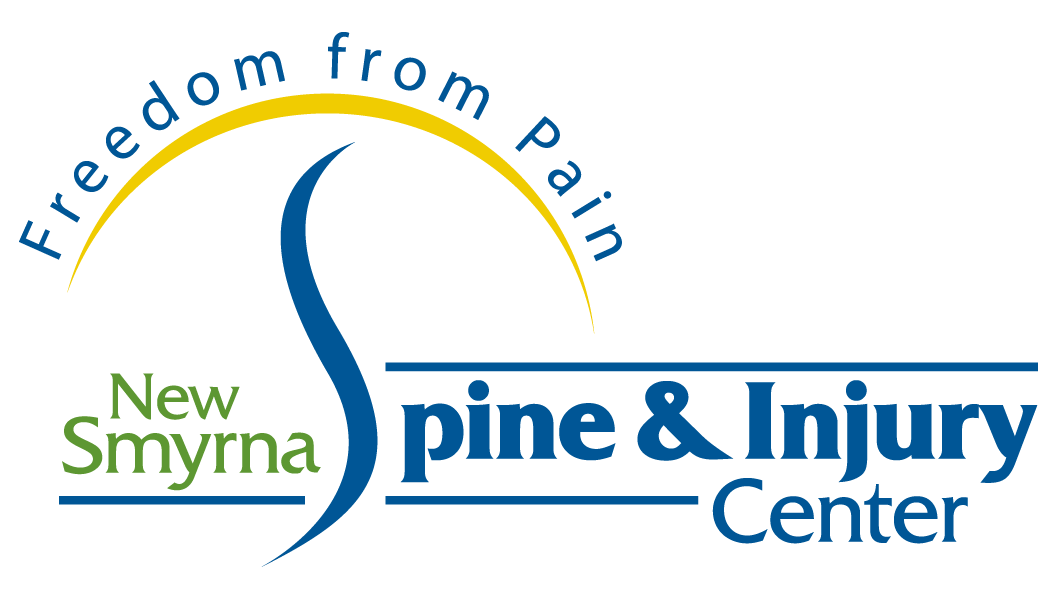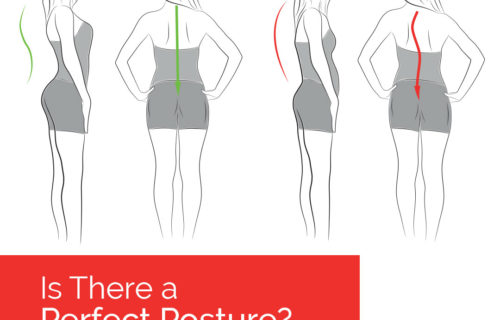Spinal Decompression: Reducing Pain Through Movement
Bottom Line:
At a glance, spinal decompression may look like a form of medieval torture. But, while at first, it may seem strange, the relief it can help provide is remarkable. Spinal decompression offers relief from neck and back pain by reducing the pressure on spinal discs and nerves. Many people use spinal decompression as a way to enhance the results they receive with their care in our practice.
Why it Matters:
Spinal decompression is a form of therapy that is used to treat conditions such as herniated discs, sciatica, pinched nerves, and degenerative disc disease. Decompression devices typically use a small force (manual or mechanical) to draw two spinal bones, or vertebrae, away from each other. The increased space between the bones can reduce the pressure in the disc and on the spinal nerves. Decompression usually takes less than 30 minutes and is an excellent way to provide relief from pinched nerves and many types of disc herniations.
- Spinal decompression has been shown to be effective at reducing the pain associated with pinched nerves and herniated discs.
- Decompression can help promote the movement of water, oxygen, and nutrients into the discs to assist with healing.
- New studies have shown improvements in range of motion, decreases in pain, and reductions in the size of disc herniations after decompression.
Next Steps:
Not everyone is a good candidate for spinal decompression. If you have osteoporosis or are pregnant, decompression may not be the right choice for you. Call us today to learn more and discover if spinal decompression may benefit you on your road to relief.
Science Source: Effects of segmental traction therapy on lumbar disc herniation in patients with acute low back pain measured by magnetic resonance imaging: A single arm clinical trial. Journal of Back and Musculoskeletal Rehabilitation 2017



